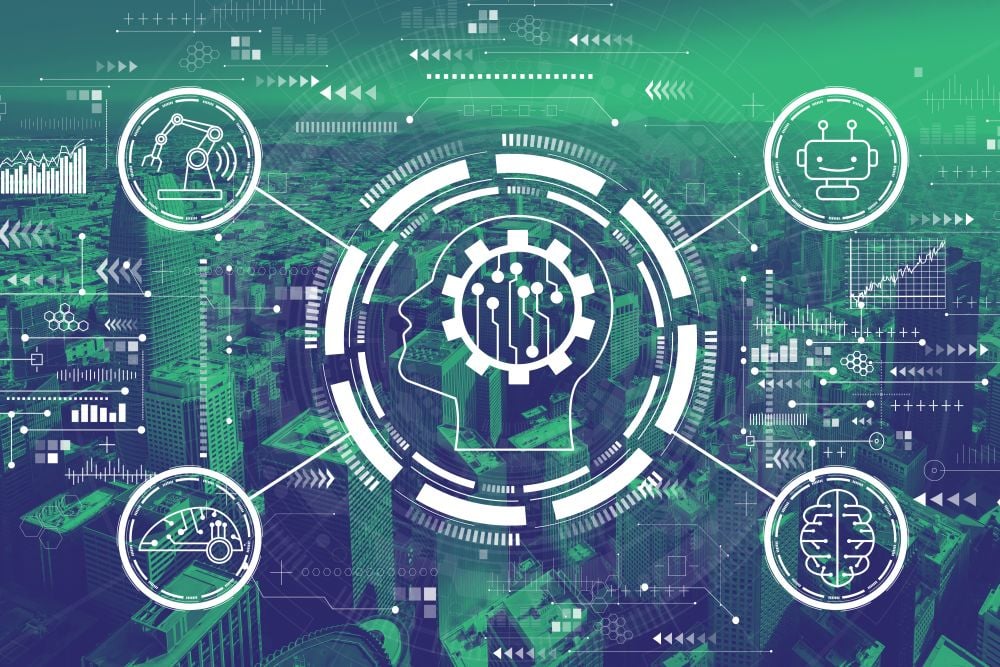
The Asset recently caught up with Assaf Zeevi, chief scientist at fintech start-up Fintica AI and professor and holder of the Kravis chair at the Graduate School of Business, Columbia University. In this Q&A session, Assaf shares his thoughts on artificial intelligence and the increasingly important role it plays in our lives.
TA: How do you see the current development of big data and artificial intelligence (AI)?
AZ: We are seeing the massive use of data as an economic driver. That’s a big difference from previous years. If you look at 10 years ago, probably very few companies identified data as being an important economic driver. Those companies have provided major disruptions to their respective industries. Netflix and Amazon, for instance, have identified data as a very important driver in providing that better service.
You see many companies nowadays saying that data is the key to understanding economic value and therefore are making big investments, either building internal data science teams or otherwise outsourcing that activity. At least there is now a recognition that this is an important part of their business.
TA: Are we being overloaded with too much data and how can we make sense of this information?
AZ: One of the analogies I like to give is the fighter pilot example. If you are fighter pilot, there is literally no way, even if you’re an extremely talented individual with fast reactions, to fly a modern fighter jet without the aid of significant layers of electronic support system. This is due to there being too many stimulus sources of data streams that are hitting you.
Therefore, there is a number of support tools to alleviate the need for the fighter pilot to allocate the attention to many tasks. Therefore, they can focus on the tasks that are most critical to navigate the jet in a dogfight, for instance.
In the financial industry, a trader would historically look at a number of screens, but the truth is our brains are not good at looking at 15 screens and extracting meaningful insights. To address that, artificial intelligence tools and data science related tools are emerging too provide you with that kind of capability.
TA: What are some of the misconceptions of AI?
AZ: Some people tend to think of AI as almost synonymous with automation. The two are very different things. You can, for instance, go to an airport, and in many cases you don’t have to interact with human agents. That is one form of automation, not AI. It’s basic engineering and solving just logistical issues.
The other misconception of AI is that people think they can actually develop these systems fairly easily and achieve very good results. People often cite programs that can beat master chess players, thinking that if we can accomplish that, we can pretty much do anything, but that is not true and there is a really big difference between learning how to play a video game and designing the brain of an autonomous vehicle.
For autonomous vehicles, for instance, you are dealing with a rapidly changing landscape where it is much harder to develop these types of technologies partially because a number of scenarios just increase tremendously. Since these things are not constant, you can’t really map it out and say here is a set of scenarios. AI is not something you can plug and play.
TA: How do you see the development of AI and big data usage in the future?
AZ: Pre-pandemic, we were already seeing an increase in investment in this space. However, there are some people that think this is way too hyped and there is too much investment in this space. A lot of this is around expectation dynamics. However, I feel that AI tools will be around, certainly in the next 10 years. They will play an important role in everything that we do. They will enter new and amazing fields that we would have never thought of, like agriculture and sustainability.









